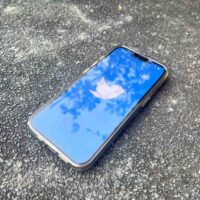Ibrahim Abouleish stood under the expansive sun awning, and a thousand Egyptians sat with their forearms propped up on the semicircular clay steps of the amphitheater of Sekem listening to him.
«It’s a fairy tale by Michael Bauer!» said eurythmist Christoph Graf, one bench away. Sekem itself – now under the care of Helmy Abouleish – has long since become a desert fairy tale, and soon groups or individual travelers come daily and can smell in the spice store, see and hear the school, and taste what has grown out of nothing in the restaurant. Probably no one leaves this place without the strengthened confidence that nothing can become so much. Four weeks ago, I was there again. In Ibrahim’s family tomb, we think of the founder. Our Egyptian guide places the large Koran book on the reading stool and sings a sura in the high art of Koran recitation, which is also engraved on the wall. The small vault animates itself and becomes a condensate of what Sekem means: a tremendous inspiration. ‹Economy of Love› has become Helmy Abouleish’s mantra when he talks about the future of Sekem, Egypt, and Africa. Inspiration takes on wings – a desert fairy tale that begins with ‹it will be one day›.
Cover Image Pivot irrigation at Sekem farm in Wahat leads to round fields – Translation: Monika Werner





